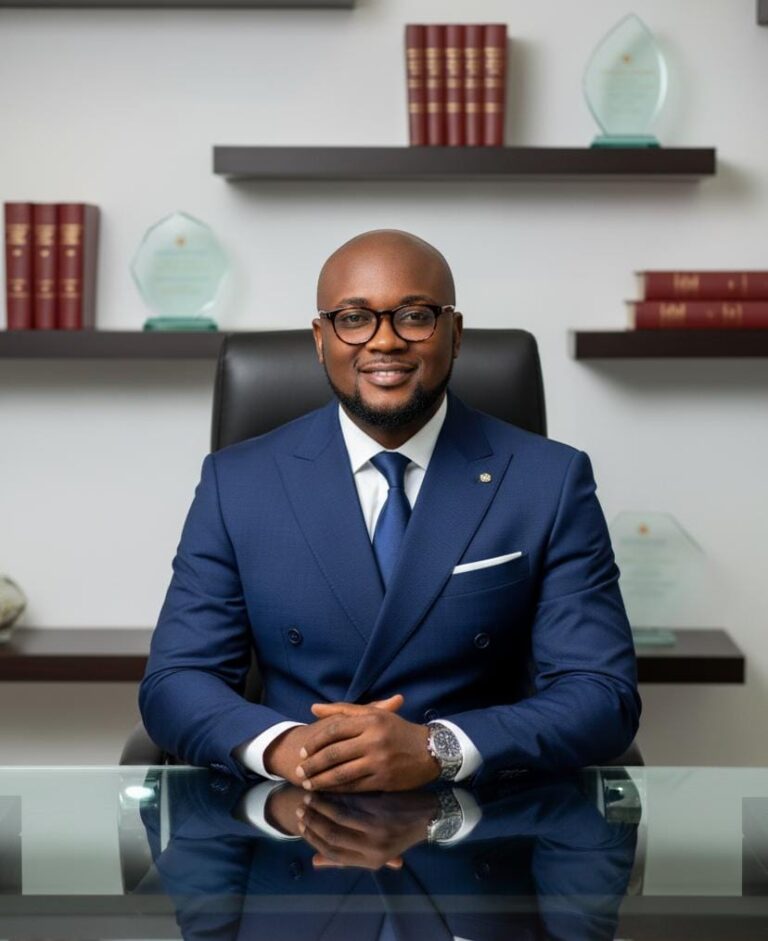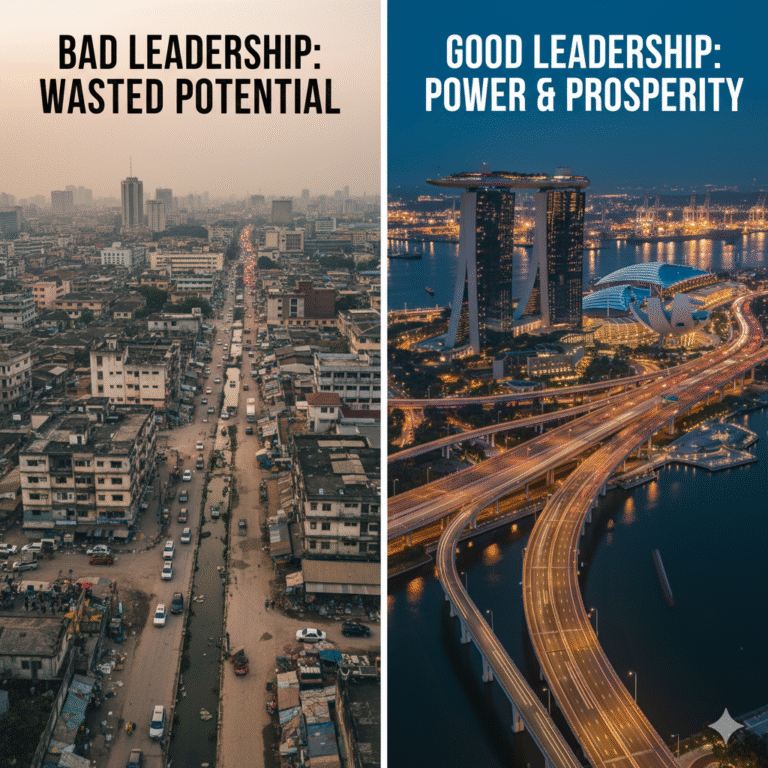You know what’s quite remarkable?
Some scientists invent things worth billions of dollars.
Then they simply… give it all away for free.
I used to think they were just incredibly generous people.
But here’s what I discovered:
Only scientists from wealthy countries can afford to be that generous.
Let me explain what I mean.
The Real Story Behind Scientific Generosity
So there’s this chap named Jonas Salk, right?
He invented the polio vaccine back in the 1950s.
Could’ve made him a billionaire, easily.
Instead, when Edward Murrow asked who owned the patent in a famous 1955 interview, he said:
“Well, the people, I would say. There is no patent. Could you patent the sun?”
And gave the whole thing away for free.
Everyone called him a saint.
But here’s the part nobody talks about:
Salk had this brilliant job at the University of Pittsburgh.
Great salary, full benefits, funded research.
His family never worried about where their next meal was coming from.
Of course he could afford to be generous – he was already sorted for life!
Why Scientists from Wealthy Countries Can Give Things Away
Think about it this way.
If you’re living paycheque to paycheque, are you going to donate your lottery winnings to charity?
Probably not.
But if you’re already financially secure?
Yes, you might just do that.
They’ve Got Economic Security
Scientists in places like America, Europe, Japan – they get:
Salaries that actually cover their bills (imagine that!)
Health insurance so they don’t go bankrupt if they fall ill
Pension plans for when they’re old
Laboratories with all the fancy equipment they need
When you’re not stressed about paying the rent, you can actually think about bigger things.
Like helping humanity.
Makes sense, doesn’t it?
Their Universities Actually Have Money
Here’s something that rather astonished me:
Some universities have endowments worth billions of pounds.
Harvard’s got about $50 billion just sitting there.
So their scientists get:
Equipment that costs more than most people’s houses
Research assistants to help with the boring bits
Access to every scientific journal ever published
Internet that doesn’t cut out every five minutes
These people aren’t spending their days hunting for basic supplies.
They can actually focus on, you know, science.
Their Governments Get It
Western governments throw serious money at research.
The US spends over $150 billion a year on R&D.
That’s more than some countries’ entire GDP!
They understand something important:
Research takes time (sometimes decades)
Most experiments fail
But when something works, it can change everything
So they create this safety net where scientists can take risks.
Quite clever, actually.
People Actually Respect Scientists There
In these countries, being a scientist is cool.
Children want to grow up to be researchers.
Parents boast about their scientist children.
The media celebrates breakthroughs.
It’s a completely different world.
Why Scientists in Poor Countries Can’t Give Things Away
Now let me tell you about professors I know from the University of Bamenda.
Brilliant people, PhDs from good universities, passionate about research.
Their monthly salaries?
Just enough to get by, but definitely not enough to feel secure.
They’ve got families, ageing parents, and limited opportunities for extra income.
What are they supposed to do when they discover something valuable?
Give it away and watch their families struggle?
The Money Simply Isn’t There
Look, I’m not trying to be dramatic here, but:
University professors in many African countries are paid just enough to get by, but not enough to stop wanting more.
It’s this odd middle ground where they’re not starving, but they’re definitely not comfortable either.
They can cover basic expenses, but anything extra children’s school fees, medical emergencies, helping extended family becomes a real struggle.
So when students need to buy their professor’s book to pass a course?
Yes, it sounds corrupt.
But honestly, when you’re barely making ends meet, what choice have you got?
It’s not greed.
It’s the reality of living paycheque to paycheque.
Their Universities Are Broke
I visited the University of Bamenda once.
Some of the laboratories there looked like they were from the 1970s.
Half the equipment didn’t work.
The library had books older than me.
Internet? What internet?
These scientists spend half their time just trying to get basic stuff working.
How are they supposed to make groundbreaking discoveries?
Governments Have Bigger Problems
Here’s the thing about poor countries:
When people are dying from diseases that cost £2 to cure, spending millions on research feels… wrong.
These governments are dealing with:
People who need clean water
Children who can’t go to school
Hospitals without basic medicines
Roads that wash away every rainy season
Research feels like a luxury they can’t afford.
I get it.
The Clever Ones Leave
You know what happens to the really brilliant scientists in these countries?
They leave.
Think about it:
Would you rather struggle with broken equipment and tiny salaries at home?
Or move to Europe where you get a proper laboratory and can actually do your work?
It’s a no-brainer.
But here’s the tragic part:
The people who could help build better universities are exactly the ones leaving.
Corruption Makes Everything Worse
This part makes me angry.
Governments finally set aside money for research.
Then politicians steal it.
University administrators pocket it.
The money disappears into someone’s bank account.
The scientists never see a penny.
Every stolen pound is a cure we’ll never find.
A technology we’ll never invent.
A breakthrough that will never happen.
The Scientists Who Gave Away Fortunes
Okay, so now that you understand the setup, let me tell you about these incredible people who literally gave away billions.
Jonas Salk – The Polio Hero
What he invented: The polio vaccine
What he could’ve made: Billions (seriously, billions)
What he actually did: Gave it away completely free
Picture this:
It’s 1955. Polio is terrifying parents worldwide.
Children are dying or ending up in iron lungs.
Salk creates a vaccine that works.
He could’ve patented it, licensed it, become one of the richest men alive.
Instead, when Edward Murrow asked him who owned the patent, he famously replied: “Well, the people, I would say. There is no patent. Could you patent the sun?”
Why could he do this?
Simple – he had a brilliant job at University of Pittsburgh.
Good salary, funded research, no financial stress.
When you’re not worried about money, you can be a hero.
Frederick Banting – The Insulin Chap
What he invented: Insulin treatment for diabetes
What he could’ve made: Hundreds of millions
What he actually did: Sold the patent for $2. One pound!
Before insulin, diabetes was a death sentence.
Especially for children.
Banting, along with Charles Best, successfully isolated insulin at the University of Toronto in 1921. They could’ve become incredibly wealthy.
Instead, Banting declared “Insulin does not belong to me, it belongs to the world” and on 23rd January 1923, Banting, Best, and Collip sold their American insulin patents to the University of Toronto for £1 each.
He felt it was wrong for doctors to profit from life-saving treatments.
Of course, he could afford this moral stance because he had a secure position at University of Toronto.
See the pattern?
Tim Berners-Lee – The Internet Creator
What he invented: The World Wide Web
What he could’ve made: Trillions. Not billions. Trillions.
What he actually did: Never even tried to patent it
Think about this for a second.
Every website you visit.
Every Google search.
Every Amazon purchase.
Every Netflix programme.
All of it runs on his invention.
He could literally own the internet.
Instead, he made his idea available freely, with no patent and no royalties due.
Tim and others advocated to ensure that CERN would agree to make the underlying code available on a royalty-free basis, forever.
How was this possible?
He worked at CERN, the European Particle Physics Laboratory, when he invented the World Wide Web in 1989 – one of the world’s most prestigious research centres.
Great salary, amazing colleagues, cutting-edge equipment.
When your needs are met, you can change the world.
Albert Sabin ; The Other Polio Hero
What he invented: The oral polio vaccine (easier to give than Salk’s)
What he could’ve made: Hundreds of millions
What he actually did: Refused all patents
Here’s something quite brilliant:
Sabin’s vaccine was actually better than Salk’s in many ways.
Easier to give (just drops in the mouth).
Longer-lasting immunity.
Perfect for poor countries.
He could’ve made a fortune.
But he believed every child in the world deserved protection from polio.
Rich children, poor children, didn’t matter.
Again – he had a secure research position that let him make this choice.
Michael Faraday ; The Electricity Pioneer
What he discovered: How electricity actually works
What he could’ve made: Enormous fortune from consulting
What he actually did: Turned down every business opportunity
This chap basically figured out electricity.
Electromagnetic induction, electric motors, generators – all his work.
Companies were throwing money at him to consult.
The government wanted to knight him.
He said no to everything.
Just wanted to do pure research.
Why? Because Britain’s Royal Institution supported him.
He didn’t need the money.
Pure research is a luxury you can only afford when your bills are paid.
Marie Curie ; The Radium Lady
What she discovered: How to extract radium
What she could’ve made: Millions from patents
What she actually did: Shared all her methods for free
Radium was incredibly valuable back then.
People thought it cured everything (it doesn’t, and it’s actually dangerous, but that’s another story).
Curie could’ve patented her extraction process.
Made millions.
Instead, she published everything.
“Scientific knowledge belongs to humanity,” she said.
She had university support in France.
Her research was funded.
She could choose idealism over profit.
Gregor Mendel ; The Genetics Monk
What he discovered: How traits pass from parents to children
What he could’ve made: Well, nobody understood his work back then
What he actually did: Lived as a simple monk, never seeking profit
This is rather sad.
Mendel figured out genetics decades before anyone else.
But nobody understood how important his work was.
He lived in a monastery.
His basic needs were covered.
He could focus purely on research without worrying about money.
Ironically, if people had understood his work, he could’ve revolutionised agriculture and made millions.
The Tragedy We’re Living Through Right Now
Here’s what keeps me awake at night:
Right now, there’s probably some brilliant scientist in Lagos.
Or Nairobi.
Or Douala.
They might have the idea that cures malaria.
Or solves climate change.
Or creates the next revolutionary technology.
But instead of researching, they’re:
Marking papers until 2 AM to make ends meet
Driving taxis at weekends for extra money
Worrying about their children’s school fees
Fighting with broken equipment that should’ve been replaced years ago
Every day they spend in survival mode is a day they can’t spend changing the world.
And the worst part?
We’ll never know what we lost.
What This Really Means
Look, I’m not trying to criticise those generous scientists.
They’re genuinely amazing people who made incredible choices.
But let’s be honest:
It’s a lot easier to be generous when you’re not desperate.
It’s like asking someone who’s drowning to save others.
They can’t – they’re too busy trying not to drown themselves.
Generosity isn’t just about having a good heart.
It’s about having the security to listen to that heart.
How We Fix This
Want more scientists choosing knowledge over money?
Here’s what needs to happen:
Pay People Properly
Scientists need salaries that actually support families.
Not luxury, just basic dignity.
When you’re not stressed about the rent, you can think bigger thoughts.
Build Proper Universities
Not buildings that look impressive from outside.
Proper universities with:
Equipment that works
Libraries with current books
Internet that doesn’t cut out
Laboratories where discoveries can actually happen
Stop the Stealing
Every corrupt official who steals research money is stealing from the future.
We need systems that actually protect these funds.
Change the Culture
Research should be seen as heroic, not impractical.
Scientists should be celebrities, not objects of pity.
The Bottom Line
Those scientists who gave away billions?
They weren’t necessarily better people than today’s struggling researchers.
They just had better circumstances.
When you don’t worry about your family’s next meal, you can think about feeding the world.
When your laboratory has good equipment, you can make discoveries that matter.
When your society supports you, you can take risks on mad ideas.
The world is missing out on incredible breakthroughs because brilliant minds are stuck in survival mode.
We can change this.
But first, we need to stop pretending it’s just about character.
Pure research isn’t about pure hearts.
It’s about having the security to think beyond your next paycheque.
And until we fix that, we’ll keep losing the discoveries that could change everything.



